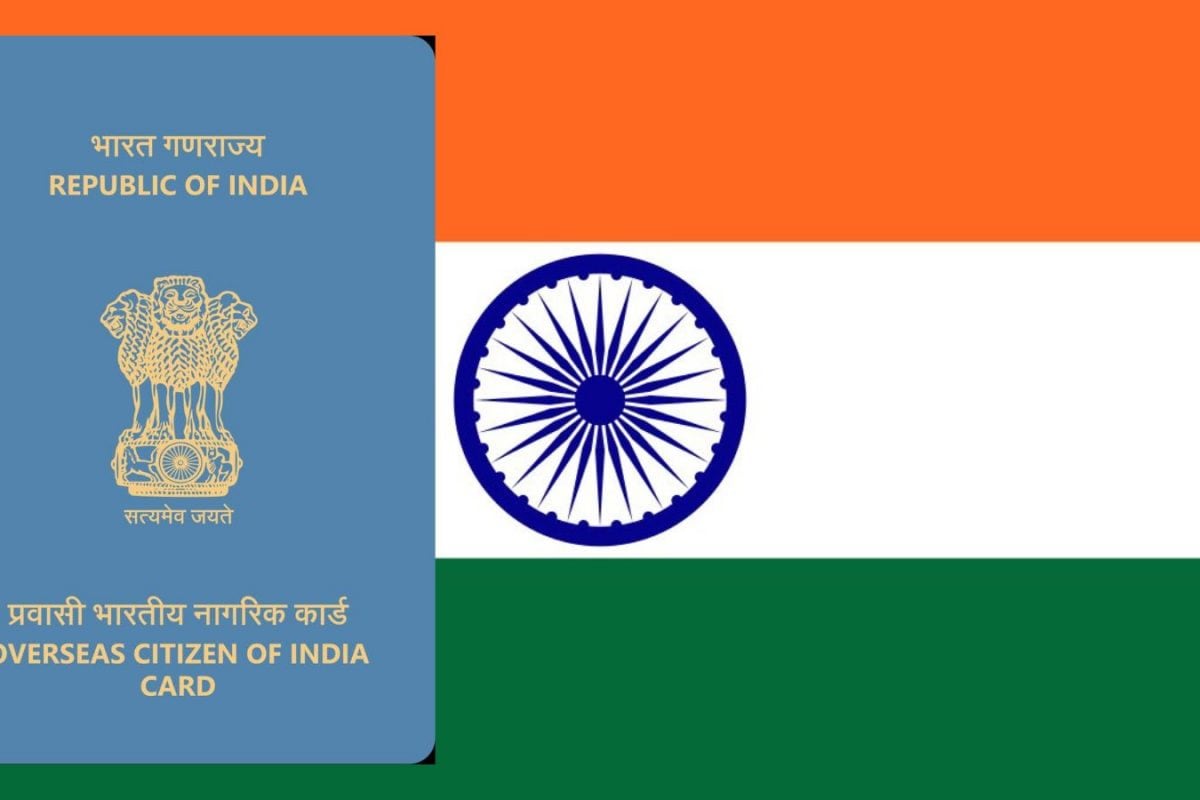

The Ministry of Home Affairs (MHA) has recently announced stricter regulations concerning Overseas Citizens of India (OCI), stipulating that their registration can be cancelled under certain conditions. A notification issued on August 11, 2025, under clause (da) of Section 7D of the Citizenship Act, 1955, outlines the new rules.
The updated regulations specify two primary triggers for the cancellation of OCI registration:
The notification states that "an Overseas Citizen of India (OCI) registration shall be liable to get cancelled when a person has been sentenced to imprisonment for a term of not less than two years or has been charge-sheeted for an offence entailing punishment of imprisonment for seven years or more".
The OCI scheme, which began in 2005, grants foreign nationals of Indian origin the ability to live and work in India without a visa. It provides multiple-entry, multi-purpose lifelong visas, as well as certain economic and educational benefits, but does not grant political rights such as voting or holding constitutional office. The OCI program is not available to former or current citizens of Pakistan, Bangladesh, or any other country specified by the Indian government. There are over 4 million OCI cardholders.
Previously, OCI card cancellation was usually connected to convictions; the new regulation includes charge-sheeting as a reason for cancellation, signaling a more preemptive strategy. This inclusion has prompted legal experts to raise concerns about potential breaches of due process, as a charge-sheet does not automatically imply guilt.
Aside from the new regulations, the government retains the power to revoke registration in situations where an OCI displays disloyalty to the Indian Constitution or engages with an enemy during wartime.
Legal experts suggest the amendment may have broad implications, especially for those facing legal action for white-collar crimes, organized criminal activities, or serious violations of Indian Penal laws. The move is intended to act as a deterrent against misuse and help preserve the integrity of the OCI scheme, which the government emphasizes is a privilege and not a right.